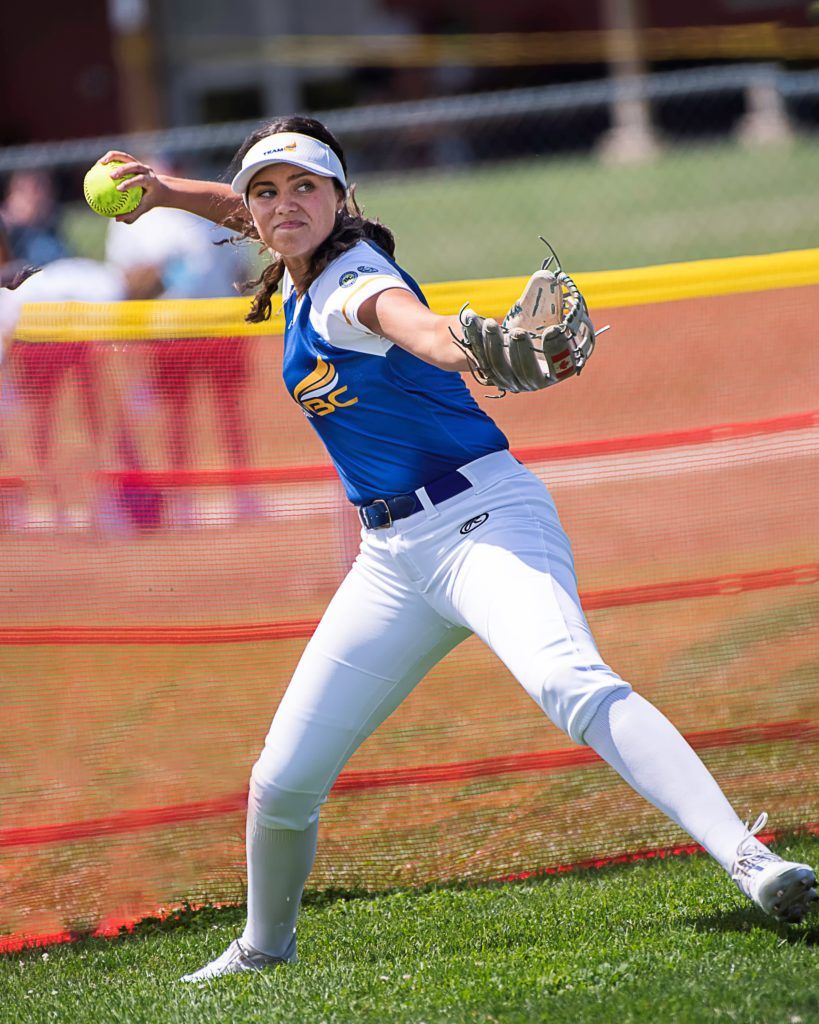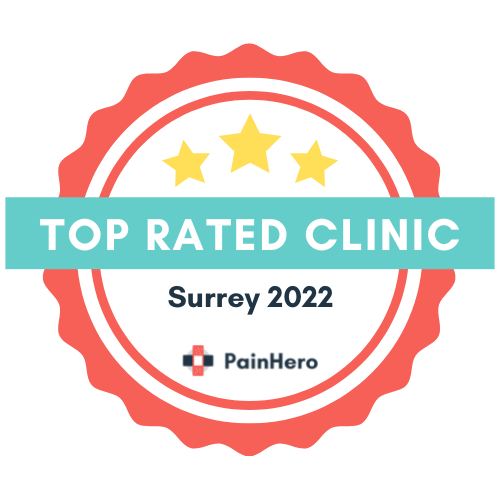Diane Lee & Associates is pleased to collaborate with Noëlle Trotter of West Coast Pedorthics.
Noëlle is a certified pedorthist who assesses biomechanical and structural function of the lower limb and then dispenses custom foot orthotics, or braces, when necessary. Noëlle works in collaboration with the physiotherapists at Diane Lee & Associates and is in a unique position to offer an integrated approach to the prescription of foot orthotics.
Philosophy on Orthotic Therapy
The use of a custom arch support is a non-invasive way to reduce or eliminate pain in areas such as feet, ankles, knees, hips and lower back by improving structural alignment and/or restricting or enhancing motion. However, they do not take the place of any restorative exercises recommended by your physiotherapist. Orthotics can be used to treat a variety of injuries and often work best in conjunction with other therapies.
Assessment and Casting
A pedorthic assessment includes the following:
- Complete history analysis
- Alignment tests
- Range of motion testing
- Gait analysis with video camera
Foam box casting is the preferred method of casting as it is more specific than slipper casting, but slipper casting is used on occasion depending on the lab used, type of injury and type of orthotic being built. Several different labs are used depending on the injury, foot type and the needs of the client.
Computer systems are not used in the evaluation process since none currently replace the experience of a trained professional. Computers focus on 2D image/analysis only and the foot is a complicated three-dimensional structure with many articulating joints and muscular attachments.
Orthotic Prescription
Orthotic design depends on injury, foot type, lifestyle and footwear. Rigid orthotics are not used. Instead, plastics of varying thicknesses are utilized depending on a variety of factors. A U.S. lab called ‘Sole Supports’ manufactures a calibrated product, which no other lab is able to duplicate. Patients report better comfort and symptom alleviation due to the ability of the lab to calibrate plastic thickness based on a person’s body weight and forefoot flexibility. This lab is used most often for functional orthotics. Click on the following link to learn more about the difference between Sole Support orthotics and other orthotics on the market www.solesupports.com.
Shoes
Properly designed and fitted footwear are essential to the function of your orthotics. At the end of the assessment, recommendations for proper shoes are given. However, it is recommended that you wait until you receive the orthotics before you shop, just to ensure the most ideal fit.
Bracing
Custom bracing for either your knees or ankles is a non-invasive way of managing pain or instability for a variety of conditions. Custom products are built to your specific dimensions and injury. Knee bracing for osteoarthritis is a very effective way to manage pain, keep active and postpone surgery. We use two major brands for bracing, Ossur and Donjoy to give the best selection for leg dimensions and activity needs. For a full listing of braces and product available, please refer to www.westcoastpedorthics.ca
Custom knee braces for treatment of:
- Ligament insufficiency from injury or for post surgical rehab and injury prevention
- Osteoarthritis in both joint compartments or unilateral
Custom ankle bracing and drop foot splinting for the treatment of:
- Tibialis posterior tendon dysfunction
- Congential aquired flat foot
- Severe structural deformity
- Ankle trauma / ligament insufficiency
- Mild drop foot
- Degenerative ankle arthritis




